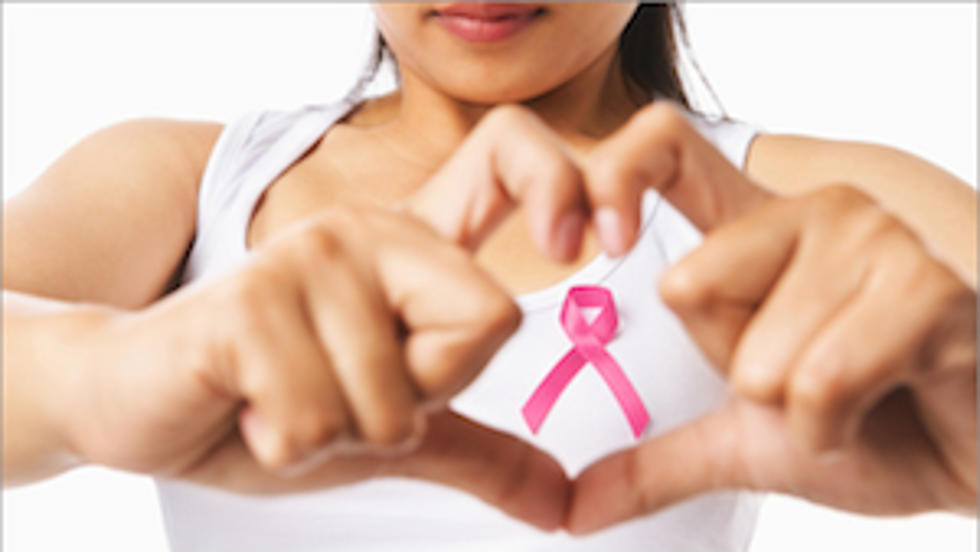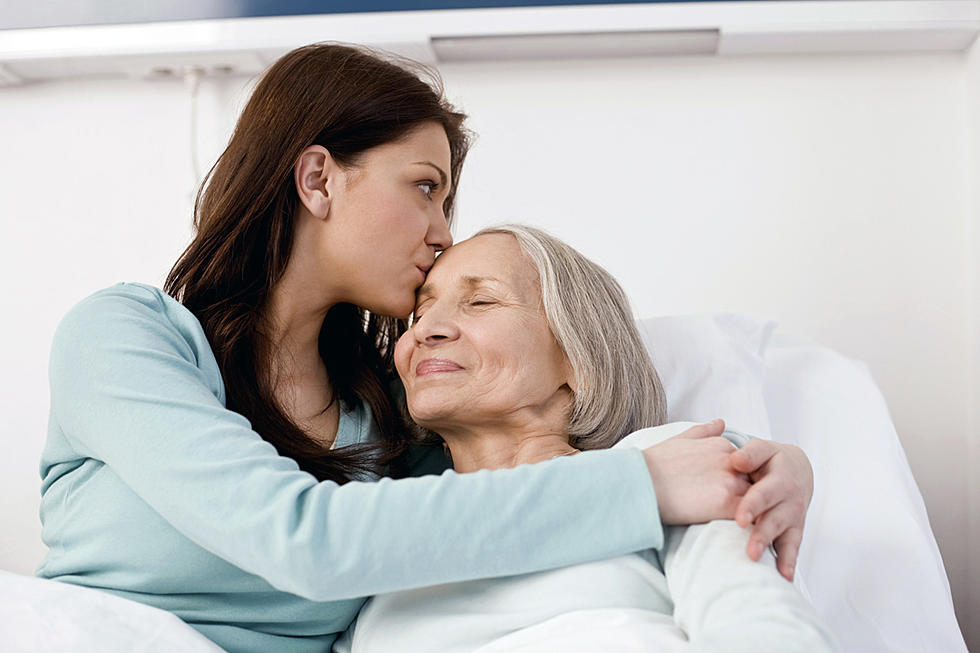
Breast Cancer Awareness Month: Facts About Your Risk & Prevention.
There is so much going on in the month of October, it would be very easy to get busy and forget to make a simple reminder to yourself, during Breast Cancer Awareness Month. That reminder, if you're a woman over the age of 40 or if you have a significant family history, is to be getting screened and have a mammogram every year. Checking with your Doctor first to help guide and manage your approach to breast health is essential.
Breast cancer is the most common cancer in American women, except for skin cancers. This means that women have roughly a one in eight chance of developing the disease in her lifetime.
There are many common questions regarding breast cancer that your Doctor will be able to answer with your specific situation and health condition in mind. Questions like: Can Breastfeeding help prevent breast cancer? Simply put, according to the National Center for Biotechnology, the answer is Yes.
Although childbearing is known to protect against breast cancer, whether or not breastfeeding contributes to this protective effect is unclear.
Women with breast cancer had, on average, fewer births than did controls (2.2 vs 2.6). Furthermore, fewer parous women with cancer than parous controls had ever breastfed (71% vs 79%), and their average lifetime duration of breastfeeding was shorter (9.8 vs 15.6 months). The relative risk of breast cancer decreased by 4.3% (95% CI 2.9-5.8; p<0.0001) for every 12 months of breastfeeding in addition to a decrease of 7.0% (5.0-9.0; p<0.0001) for each birth.
To the question of whether or not alcohol consumption may lead to a greater risk of breast cancer, the National Breast Cancer Foundation, says:
Moderation is key. One drink per day has been shown to slightly increase the risk of breast cancer. Having more than one drink per day has shown to be a more significant risk factor, and the alcohol content doesn’t matter: wine, beer or a mixed drink. Alcohol also increases estrogen in your bloodstream.
Can a healthy diet help in the prevention of breast cancer? The NBCF says:
A nutritious, low-fat diet (30 grams or less) with plenty of fruits and green and orange vegetables can help reduce the risk of developing breast cancer. A high-fat diet increases the risk because fat triggers estrogen production that can fuel tumor growth.
Knowledge is power and information is the key to unlock the knowledge you'll need to stay healthy. If you'd like more information on breast cancer, contact your doctor, or visit websites like https://www.nationalbreastcancer.org/ or prosserhealth.org.
KEEP READING: 15 Natural Ways to Improve Your Sleep
More From KMGWFM









